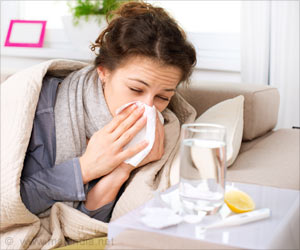Women who slept early and rose up early in the morning are less likely to suffer from depression, finds a new study.
Highlights
- Women who go to sleep early and also wake up early in the morning are less likely to develop depression.
- Women who stay up late or otherwise called as night owls have been found a significantly higher risk of depression.
- When both the early risers and night owls were compared, the early risers had a 12 - 27 percent lower risk of developing depression compared to the night owls.
From previously researched material it has been found that people who stay up late (night owls) are twice as likely to suffer from depression, but those studies according to the author used data at a single point in time and didn't account for other factors that could have influenced depression risk.
All the study participants at the beginning of the study were free of depression. In the beginning, when they were asked about their sleeping patterns, nearly 37 percent described themselves as early types, 53 percent- intermediate types and ten percent-evening types. The participants were followed up for four years to determine who had actually developed depression in the end.
Various depression factors such as body weight, physical activity, chronic disease, sleep duration, or night shift work were also taken into account while doing the study.
Along with the main result, they also found that late chronotypes or night owls were less likely to get married and live alone, smoke and have erratic sleep patterns. Early risers were also found to have a 12 - 27 percent lower risk of being depressed when compared to who sleep at an intermediate time (not too early, not too late). The late type were to found to have a 6 percent higher risk than intermediate types.
"Yes, chronotype is relevant when it comes to depression, but it is a small effect," she says, noting that her study found a more modest effect than previous ones have.
A prospective study of chronotype and incident depression among middle- and older-aged women in the Nurses’ Health Study II study cited in Journal of Psychiatric Research. Published on 2018.05.022
Source-Medindia










